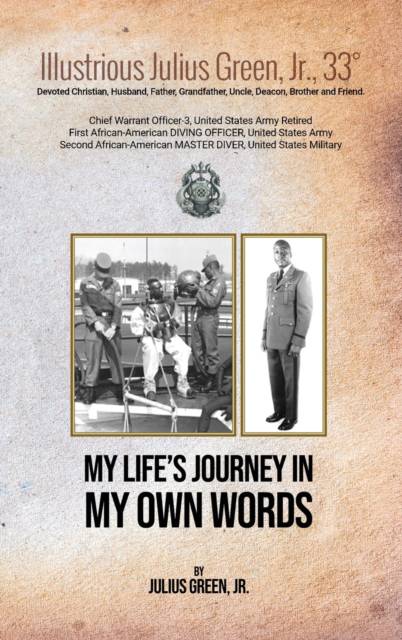
Je cadeautjes zeker op tijd in huis hebben voor de feestdagen? Kom langs in onze winkels en vind het perfecte geschenk!
- Afhalen na 1 uur in een winkel met voorraad
- Gratis thuislevering in België vanaf € 30
- Ruim aanbod met 7 miljoen producten
Je cadeautjes zeker op tijd in huis hebben voor de feestdagen? Kom langs in onze winkels en vind het perfecte geschenk!
- Afhalen na 1 uur in een winkel met voorraad
- Gratis thuislevering in België vanaf € 30
- Ruim aanbod met 7 miljoen producten
Zoeken
Omschrijving
Julius Greene's autobiography tells a compelling tale about his trials and tribulations as a young black man who grew up in the township of Allendale. This was a rural farming county, where the distance between family houses was about a quarter of a mile apart.Julius and his family grew up without electricity, running water, bathrooms, force-air heating system, air-conditioners, and other basic facilities. They had to make do with outhouse toilets with sears-roebuck catalogs for toilet paper, well-water, wood stoves and a chimney wood fireplace for heating and cooking, and kerosene lamps for lighting. They would be in total darkness until the sunrise. It was his mother's love that flowed from the mold of the family and his father's compassionate, God-fearing and understanding nature that made him power through. That, and faith in Jesus.Julius' life relates with experiences of those who grew up during segregation and were forced to excel and perform twice as better than their white peers. Those who had to break through the social barriers and to satisfy family and parental expectations along with their inner selves. His memoir serves the purpose of making aware the future generations to read some of the hardships you encountered before and during segregation.
Specificaties
Betrokkenen
- Auteur(s):
- Uitgeverij:
Inhoud
- Aantal bladzijden:
- 190
- Taal:
- Engels
Eigenschappen
- Productcode (EAN):
- 9781915206732
- Verschijningsdatum:
- 31/12/2021
- Uitvoering:
- Hardcover
- Formaat:
- Genaaid
- Afmetingen:
- 152 mm x 229 mm
- Gewicht:
- 426 g

Alleen bij Standaard Boekhandel
+ 93 punten op je klantenkaart van Standaard Boekhandel
Beoordelingen
We publiceren alleen reviews die voldoen aan de voorwaarden voor reviews. Bekijk onze voorwaarden voor reviews.









